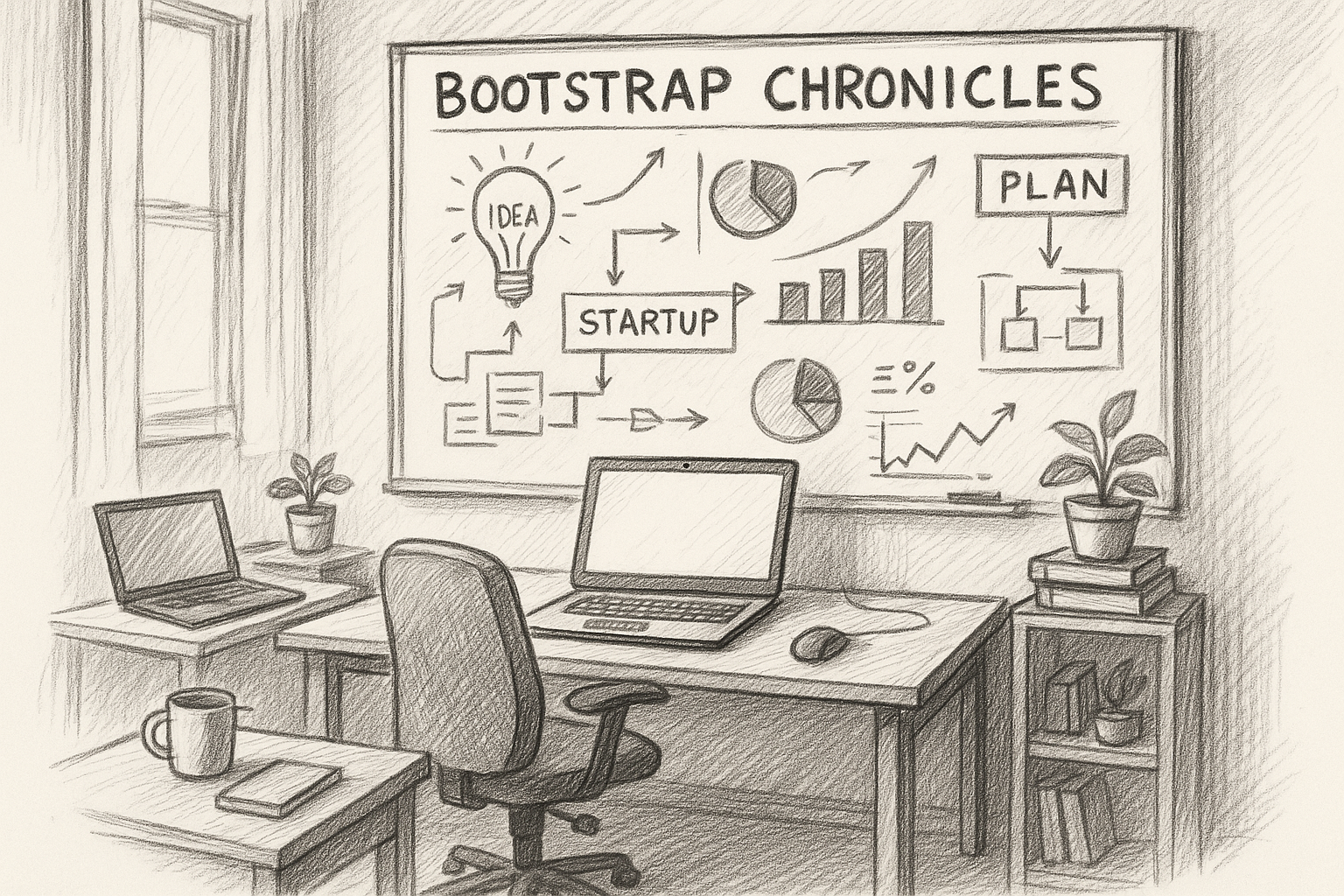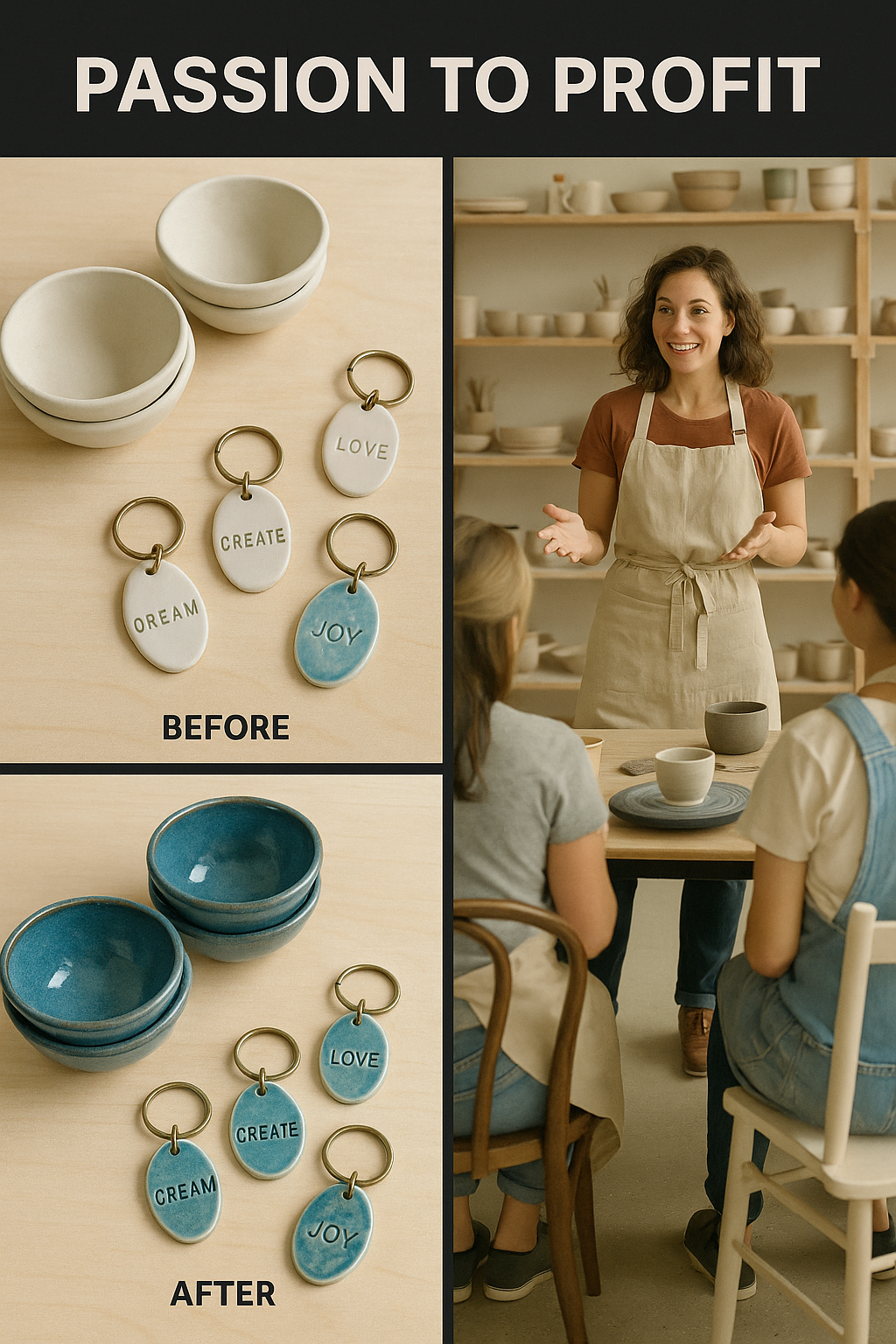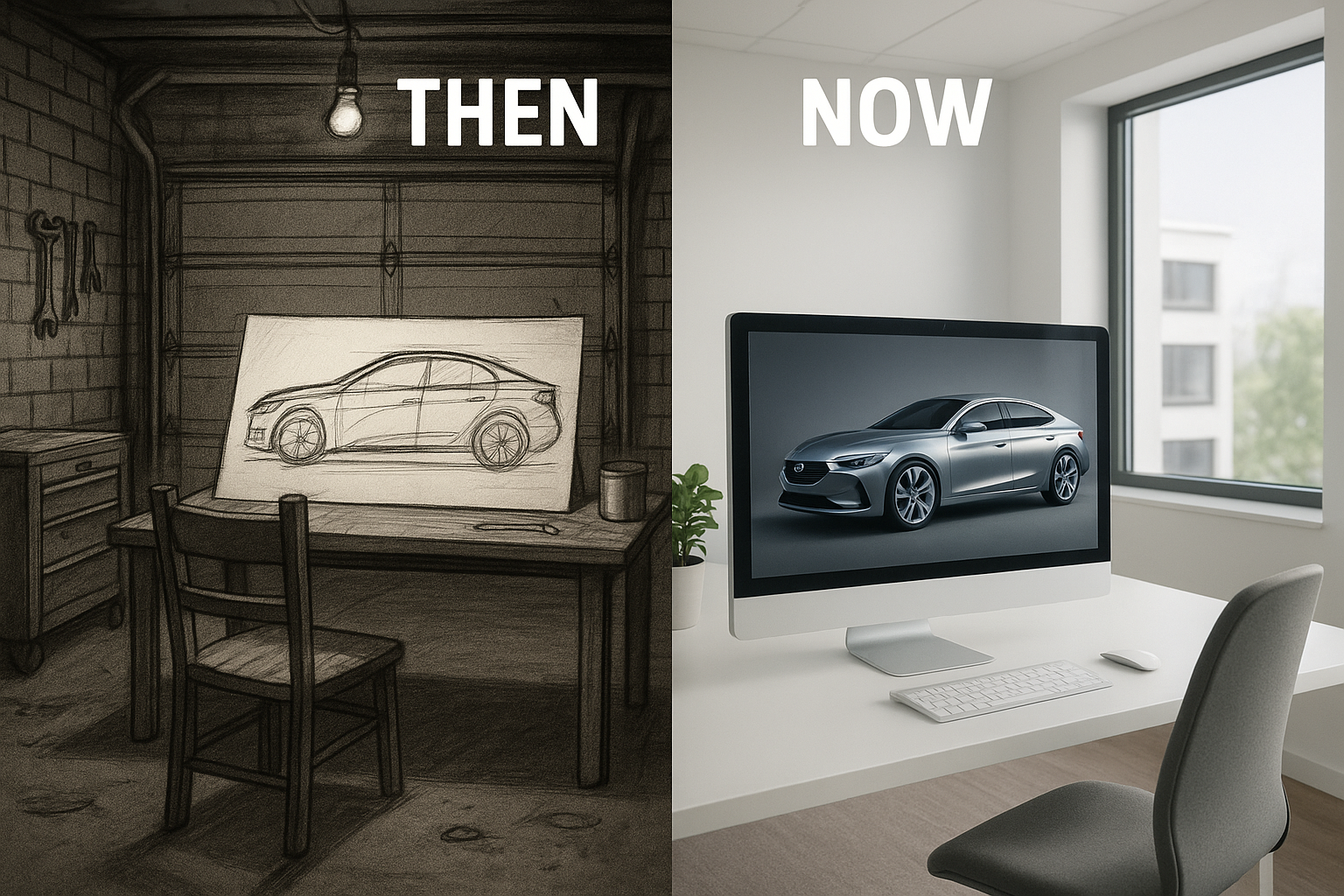
The Stories Behind Tomorrow’s Success Stories
Unsigned Podcast spotlights the builders, creators, and changemakers who haven’t made headlines yet—but should. We find the entrepreneurs bootstrapping their first ventures, the self-taught experts solving real problems, and the passionate individuals turning side projects into something meaningful.
Before They Are or Were Famous
Every successful entrepreneur, recognized expert, and celebrated innovator was once unsigned—working in the shadows, building something from nothing, driven by vision rather than validation. We capture these stories in real time.
Our guests include early-stage founders pre-funding, freelancers scaling their expertise, inventors in development, self-taught specialists mastering their craft, and everyday people pursuing extraordinary paths. These are the voices shaping tomorrow’s landscape, today.
What You’ll Hear


What are The Stories?
Bootstrap Chronicles: Startup founders sharing raw, unfiltered building stories
Passion to Profit: People turning hobbies and interests into sustainable businesses
The Self-Made: Experts who learned by doing, not formal education
Life paths that are not the standard
Unconventional Paths: Career pivots, unique journeys, and non-traditional success
Hidden Expertise: Specialists in niche fields you never knew existed
Community Builders: Grassroots organizers creating change from the ground up
Ready to discover the innovators, creators, and entrepreneurs before everyone else does? Subscribe now and get early access to tomorrow’s success stories.
Feel free to reach out.
